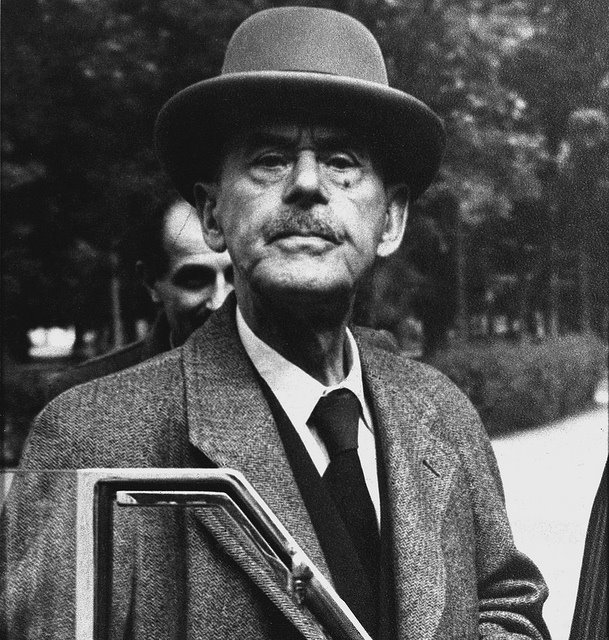The Visiting Writers Series, sponsored by the MFA Program for Poets and Writers and the Juniper Initiative for Literary Arts and Action, hosted acclaimed author Donald Antrim on Thursday, Feb. 18 in Memorial Hall.
As the author of noted works “Elect Mr. Robinson for a Better World,” “The Hundred Brothers,” “The Verificationist” and “The Afterlife,” as well as numerous short stories, Antrim is known for his dark humor and witty, imaginative tales spun in an innovative, unconventional structure. Antrim’s works are largely stream-of-conscious musings without chapters or breaks. Yet the risks Antrim takes in his work pay off. In Antrim’s introduction to the Visiting Writers Series, it was said that “we are not here because he attempted it … He nailed it.”
With an audience comprised mostly of graduate students, faculty and community members, Antrim read the opening of an unpublished novel, in which his narrator set out to “undertake a study of his father’s work and daily life.” Antrim “performed” his darkly comedic, refreshingly original work, with the audience attentive, nearly in tears due to Antrim’s witty humor. Antrim noted that he does not worry whether his humor will translate from the monologue to the page; he said it would just be a different experience.
Antrim’s unfinished story is finely crafted, a tightly woven work that goes off on tangents, a seemingly impossible feat that he pulls off with style and grace. All of Antrim’s novels take place in one scene, eschewing the traditional plot-line for “faux intellectual musings,” as Antrim referred to his works. Antrim admitted, “I fell into the spell of Thomas Bernhard some twenty years ago” and has adopted Bernhard’s style of the unbroken narrative.
In his early career, Antrim stuck mainly to short stories. “I had a terrible dread of writing a novel … But I discovered I liked having a novel in my life, like an accompaniment,” he noted.
“All my novels are made up as they go, I never know where they’re going,” said Antrim.
Of his unique style of writing, Antrim acknowledged that it is close to satire, but he doesn’t feel that he’s writing satire. “They have no point to make,” he explained. Antrim suggested that we don’t have his type of literary tradition in this country, and therefore it is often mistaken for satire.
With three published novels and a memoir, Antrim noted that his writing is “becoming more hybridized,” between memoir and fiction. “The Afterlife” chronicles the difficult relationship he had with his deceased mother. “I never though I’d do it, I never wanted to, I thought of it as lesser,” he said of memoir writing. Straight memoir writing is “rigorous,” he admitted, “I don’t recommend it.”
Much of the action in Antrim’s novels takes place in his narrators’ minds. “I like them a lot,” he said of his narrators, though over time, “I get tired of them, of managing their psychosis.”
Yet it is this “psychological fantastic” that propels him to keep writing. Antrim admitted that he hit a roadblock earlier in his career. He had an idea of what he should be writing, was unhappy with it, and stopped writing altogether. Antrim explained that he began to enjoy writing again when he decided to have fun with it.
“The job has gotten harder, I feel less sure of myself now than I ever have,” Antrim admitted. “I’ve wanted to quit a lot.” Yet it’s safe to say that critics, Antrim’s fan base, and the literary community are glad that he didn’t quit just yet.
Lindsay Pierce can be reached at [email protected].






